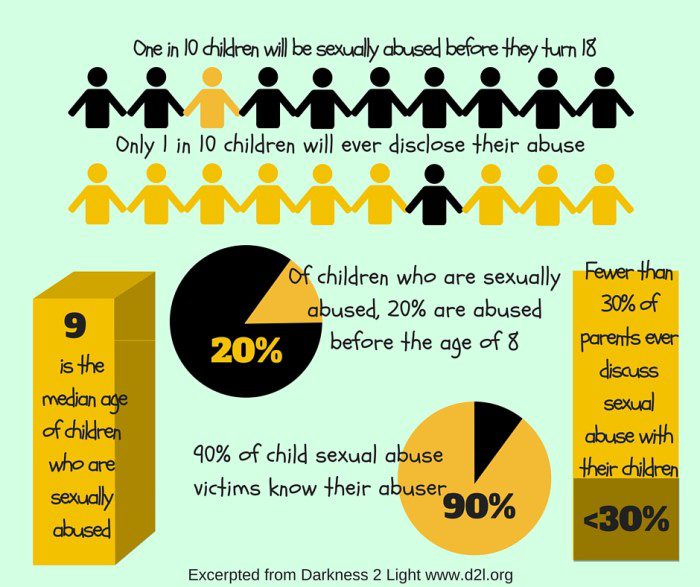
All of the statistics about child abuse are baffling to me…
One that really stands out to me is that less than 30% of us will actually talk to our kids about child abuse. Are you a part of the statistic? Don’t be, it’s never too late.
This topic is scary, there is no doubt about that. It hits close to home for me for several reasons. One particular reason is that when I was 8 years old, I was at my brother’s baseball game at Carpenter Park in Plano. For my family, it was just another typical Saturday. The sun was shining, my brother was playing on a little league field we frequented often, and I was playing on the playground.
For another Plano family, though, their lives would change forever. That day, Ashley Estell was playing at Carpenter Park too. But, Ashley didn’t make it home.
Shattered by the news that a girl my age had disappeared at the same park we were at, my mother joined the search party. Ashley was found by dusk the next day. She had been abducted, raped and murdered by a stranger who lured her from the same park I was at on that sunny afternoon. It could have been me.
There is no word strong enough to convey the horrific nature of Ashley’s story. However, Ashley’s story is NOT the norm. What is the norm is that children who are abused suffer in silence and typically know their abuser. They are paralyzed by fear and are often groomed by someone they trust. The psychological effects of having an adult in their life take away their innocence are enough to last lifetimes and never disappear.
Don’t be a part of the statistic – talk to your children about abuse. Familiarize yourself with facts about abuse.
There are often signs that a child is being victimized by sexual abuse, but many times these signs and symptoms are indistinguishable from other signs of childhood stress, distress or trauma.
- A child may show a sudden change in behavior or school performance.
- He or she may display indirect physical signs like anxiety, chronic stomach pain or headaches.
- A child may become depressed or withdraw from friends and/or family.
- He or she may become overly compliant or suddenly passive or withdrawn, insecure or clingy.
- A child may have a fear of being with someone familiar like a neighbor, baby sitter or family member.
- He or she may have a significant change in appetite or eating habits.
- A child might become self-deprecating (I’m stupid).
Talk to Your Children
- There is no better way to prevent child abuse than by talking to your children and then … listening to them.
- Teach your children about their bodies including the correct names of their body parts.
- Help them understand about personal and private boundaries. Explain private areas as those covered by a bathing suit, that without permission, no one has the right to touch.
- Talk about touches: good touches, hurtful touches and uncomfortable or confusing touches.
- Ask whether anyone has ever said or done something that has made them feel uncomfortable.
- Explain they have your permission to say “NO” to an unwanted touch and that they have the right to refuse a hug. And let them know they do not have to sit on someone’s lap.
- Explain that adults should NEVER ask children to keep secrets and if someone does, it’s important they tell you, or an adult they trust.
- Have a plan and teach your children what to do if you become separated when away from home.
- Discuss internet safety.
Hold Youth-Serving Organizations Accountable
Report Abuse
- By Phone: 1-800-252-5400
- Online: Texas Abuse HotlineExternal Link










